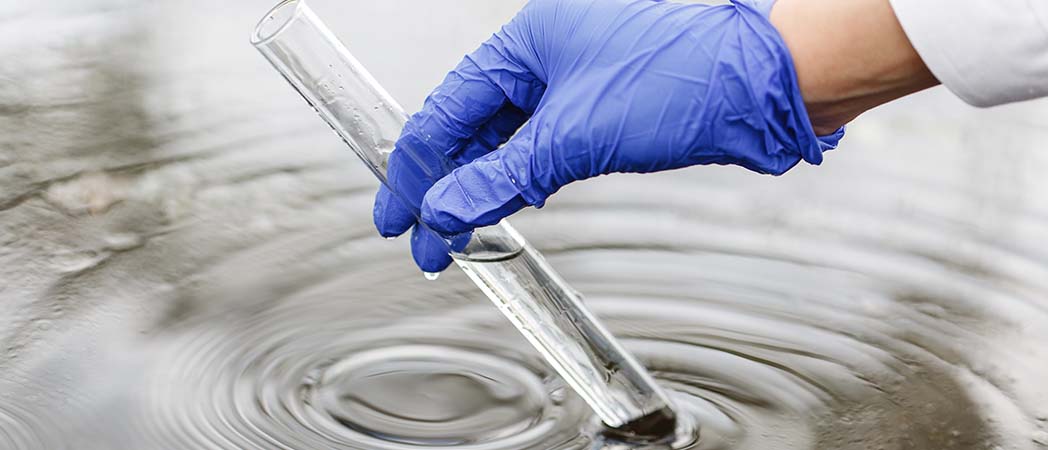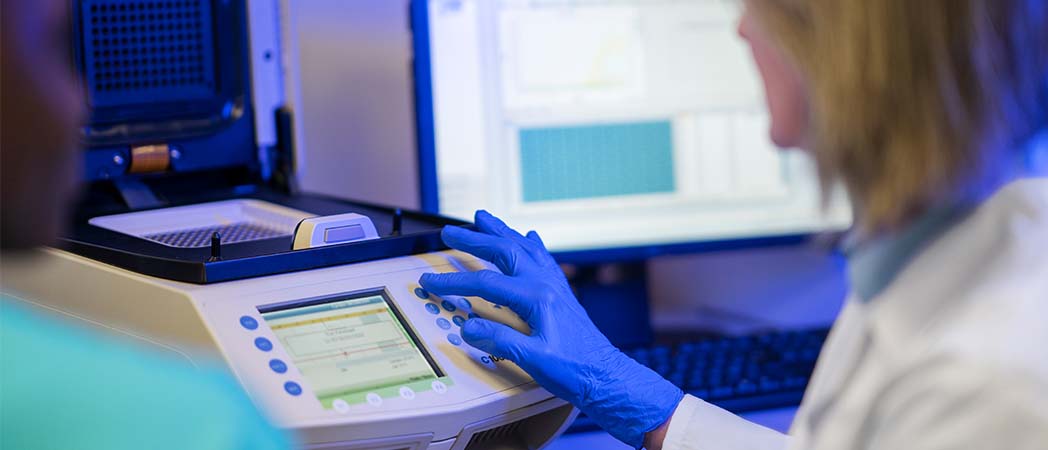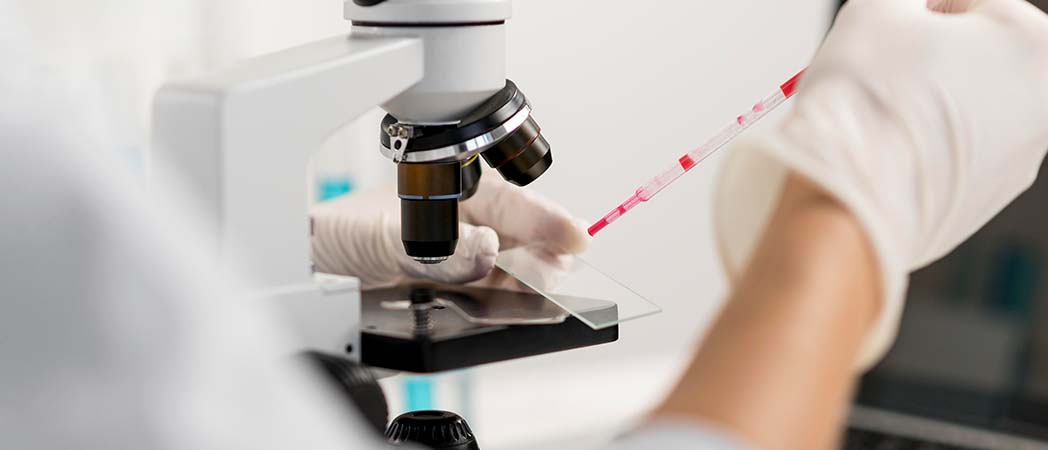As an extensive digital economy platform, the optimal objective of E-Laboratories is to authorize or determine the realization of a number of diverse testing experiments, to design, build, and test technological tools, in order to achieve a conclusion regarding a particular product and its stability. Therefore, it is crucial to dig deeper into the understanding of environmental, genetic, behavioral, and social determinants of the product, helping to strike a balance between its effectiveness and its cost. E-labs also offer largely automated extensive testing methods and tools, backed by best evidence and relevance.
On average, a laboratory can offer a vast range of testing facilities in various domains such as environment, electronics, pharmaceuticals, chemicals, food, cosmetics, apparel and textiles, toys footwear, raw materials, building, sporting equipment, Ayurveda, and many more. Thereon, to have an organized system for generating accurate results as well as lowering the risk of discrepancies between the testing methods and the final outputs, each product accredited to a particular domain, has to go through a number of parameter checks for testing. Now ideally, a product may be qualified to go through hundreds of parameter checks to support multiple values at once, enhancing the importance of the product’s order value and correlating to other similar parameters at the same time. However, the parameters to be tested for a given product are largely influenced by the testing methods desired by the clients that also demand specific tools to be used in testing. E-Labs offer a Product Master Management feature which helps to automatically consolidate all the key information or master data related to the particular product including category, description, product number, product hierarchies, client data, parameters to be tested, testing methods to be used, list of equipment required, pricing and invoice for a more compact data management solution. One of the critical challenges faced by laboratories, in general, is to store and curate all the above-mentioned product-related information of each client, which is addressed by E-Labs in a more disciplined manner to systematically eradicate chaos and reduce manual efforts. With the Product master consolidation, E-labs automatically generate the master data related to the process encompassed in one central database, which also prevents the risk of a mishap of overlapping and mislabelling of products while establishing a good workflow in general.
Into the bargain, some of the products to be tested are also required to undergo stability testing, which fundamentally brings forth evidence of how the quality of a particular product may be affected after a given point of time, under the influence of a set of given factors. Therefore, it may come as no surprise that as often as not, these subsequent stability tests have their individual testing methods, depending upon the product, which may require a certain or specified skill-set or tools and equipment to be used in the process. While many of these testing facilities may require machinery expertise to process the following tests, some others may demand for manual skill-set to obtain optimal results. E-Labs make it easier to regulate ‘which methods to be included under which parameters’ and also govern the availability of the tools and equipment, analysts, skill-set required as well as the efficiency of the testing methods for the given process with their automated enlisted data. Therefore, with the Product Master consolidation, there is zero hassle of running errands for constant checks on the availability of raw materials or ascertaining particular testing methods required for the process which automatically eliminates the possibility of an error in order booking. Moreover, due to sundry products and parameters available to be tested based on a product’s requirements, many laboratories find it challenging to regulate such vast information considering the huge number of clients they have to do with on a daily basis. E-Labs, as a newly emerging intelligence technology, address this issue by offering an elaborated automated customer relationship management (CRM), which helps to retain proper databases for error-free order booking for the clients. The Product Master consolidation furnishes a link between the products, targets, and customer data, allowing measuring the risk and performance of testing methods in a holistic perspective at once. Therefore, it eliminates the chances of making non-informed decisions about the products and testing, enhancing efficiency and allowing more time for the process than managing product databases. In simple words, E-Labs, with their Product Master consolidation, reduce the chaos of fiddly order booking and empower customer relationship management systems to identify the target customers, while managing multiple orders at the same time.
Another colossal challenge that laboratories generally face is to establish a proper pricing and invoicing system for each client and their order, depending upon the given product sample, number/quantity of sample required for testing, methods used for testing, availability of raw materials, parameters to be tested, availability of analyst, location of the lab, discounts, and so on. E-Labs provide an exceptional advantage in managing a sophisticated customer quotation generation which allows the labs as well as the customers to have an insight into the price range required for the testing process. This feature incorporates all the corresponding product-related information as well as a peek into discounts offered by the E-Labs, to generate feasible pricing and invoicing for each client. Since a Product Master Management also captures sales and distribution channels, including the roles of the respective persons responsible for the process, company or client information, analyst information, the progress of the tests, dispatch-related information, and other regulatory compliance data, once entered a client’s data, the information remains stored in the system for further future references. Therefore, a customer quotation generation allows a customer to put forward multiple orders with different persons-in-charge without posing trouble for the management to invest more time on client data compilation. It also provides a great opportunity for the clients to keep a track of their order status and understand the process of testing on the go. Moreover, with the Product Master Management, E-Labs also offer their clients the freedom of choosing their own testing methods, tools and equipment, and a particular range based on which they wish their products to be tested. One can also participate to fill in the details of their order by themselves, without having to depend on manual efficiency. Thus, a customer quotation generation is a well-documented database of a client’s all-in particular order, which allows the client to be specific with their requirements and also make a few adjustments on the go, if necessary.
To keep it short, E-Labs offer a number of convenient testing facilities that are not only efficient and effective but also client-friendly and hassle-free. E-Labs address the daily tangible challenges faced by the regular laboratories with ease, with their enhanced technology of Product Master Management, to present more accessible and fitting services to meet the clients’ needs.









